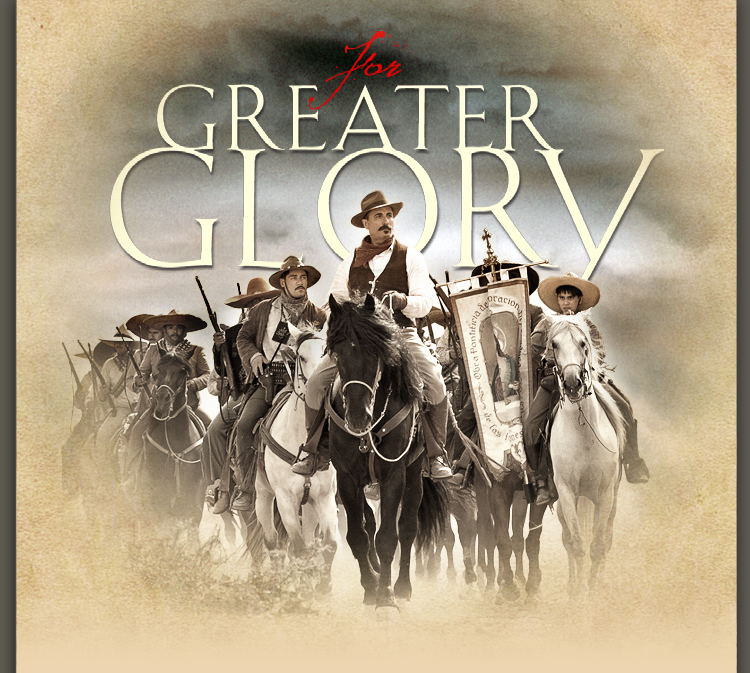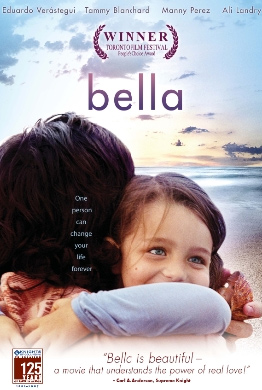I’ve been searching youtube for a good Crime and Punishment film for a while, and I think I’ve finally found one worth watching, meaning of course, that it doesn’t try to re-write the book. The only draw-back is that in 3 1/2 hours it still only covers about half of the story, and leaves out some of the most crucial, climactic, and religious scenes, most likely due to the political climate in Russia during 1969. For people who enjoy action, adventure, kissing, color, music, and swooping special effects must be warned that it’s Black&White, has no film score, and has long dialogues with subtitles. For those who enjoy Dostoevsky, Russian, philosophical arguments, or find disturbing and complicated soap-operas cathartic, I think will like it a lot. It’s a subdued and quiet film for retaining all the emotional intensity of the film by a stellar cast, beautiful script editing, and expressive imagery.
Here’s a heads-up on the cast:
Rodya: This was the first time I met a Rodya with dark-blonde hair, not dark-brown, before I read the Vokholnsky/Pevear translation from the Constance Garnett. Like the book, he is tall, intense, and not precisely bad-looking either. It is hard to call him a good actor, since he convinces you so well that it’s hard to think that he’s not Rodya.
Porfiry: At first I presumed that the film favored him more than they should have, by his mild-mannered and pleasing countenance, though later I found that this made his KGB tactics all the more convincing. I think those who have seen gestapo Mohr in the German film Sophie Scholl: Die Letze Tage, will understand how this Russian film sympathizes with the interrogator.
Sonya: This young actress’s talent is probably just as spectacular as Rodya’s, though I first thought that she was much too pretty to play this role. Her child-like demeanor and convincing hysterical weeping, makes me suspect that this is definitely the best portrayal on film.
Katerina: Is a definitely convincing and tormenting enough to watch, especially the disturbing and oddly cathartic scenes with her angry conversation with the priest and Sonya.
Razumikhin: Is a slightly smaller character due to the time constraints, but his honesty and kindness due him well, if not a little too simple in regards to his philosophy and intelligence.
Pulcheria and Marmeladov: both I do not have an extreme opinion on, as I think they did their parts quite decently, though both their personalities could be a little more complex than the film had time for.
Luzhin: was decent, if perhaps not a little much too so, once again this is for want of longer lines.
Lebitzyatnikov‘s character was not introduced except where he was necessary in the plot, though this could not exactly be called a disappointment. This was probably necessary due to the environment of this film, and his despicable ideas tied to Communism.
Dunya: Is very beautiful, even to the point of distraction–though that is what Dostoevsky describes. My only complaint is her interpretation of the last scene where her fearful and helpless behavior seemed to indicate weaker countenance and active moral constitution then Dostoevsky described.
Svidrigailov: Finally my greatest complaint, this very abridged character makes him a quite decent and possibly pleasing and respectable man–and any who read the book will know otherwise.
As you have noticed due to the time constraints and political climate, many characters were simplified, and many crucial religious scenes were omitted. Thus, I recommend the film will make great addition for those who have read the book, but for those who haven’t read the book, this could be a possibly confusing and depressing film. (or not.) It’s a pity Hollywood doesn’t encourage this kind power in either story, script, or acting. I might make an exception to the Passion? (Though that’s borrowed from a book too…)











